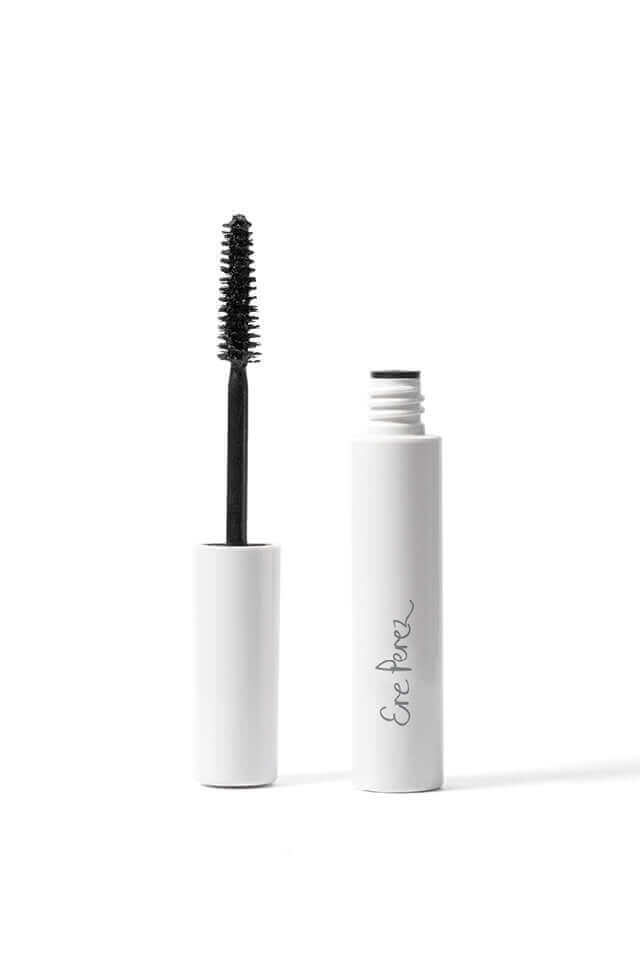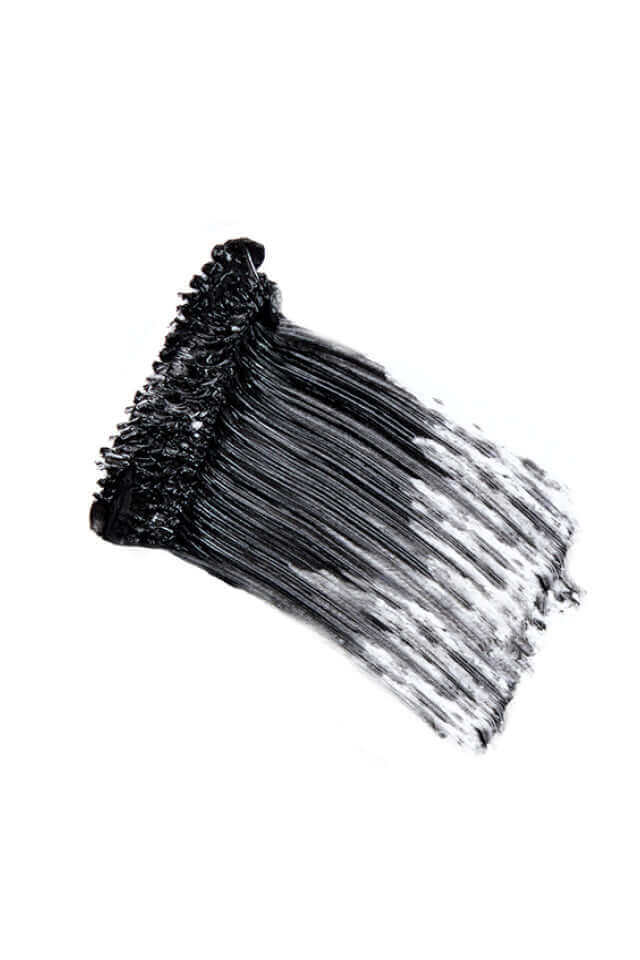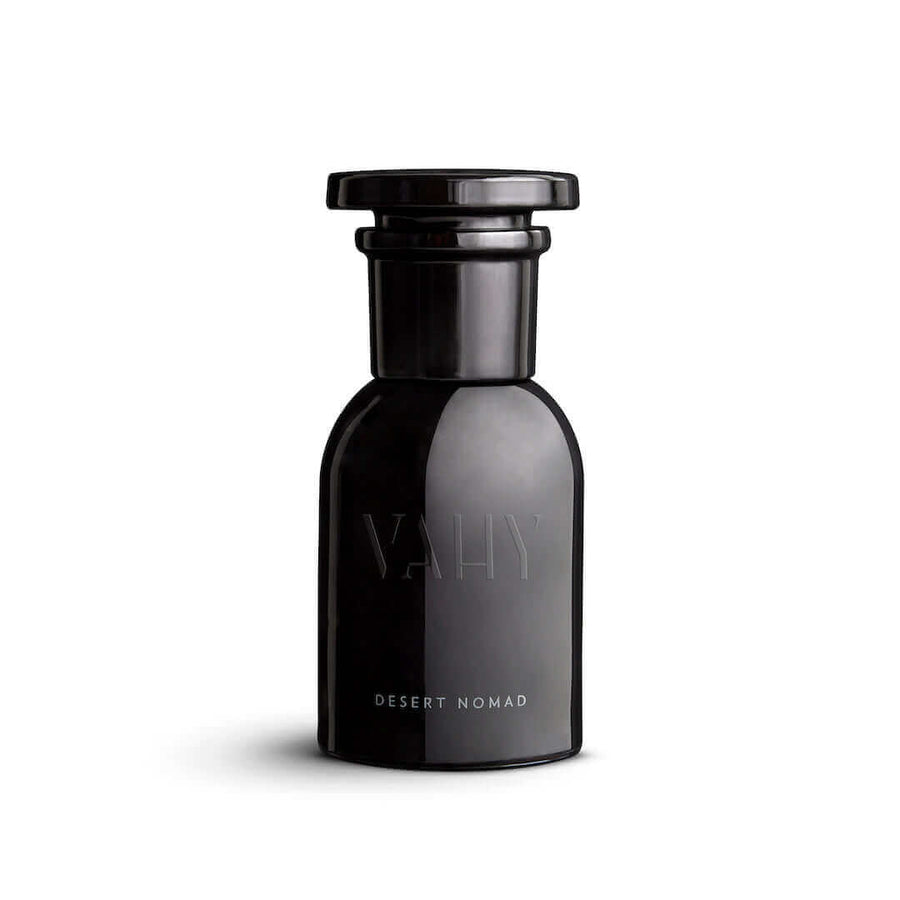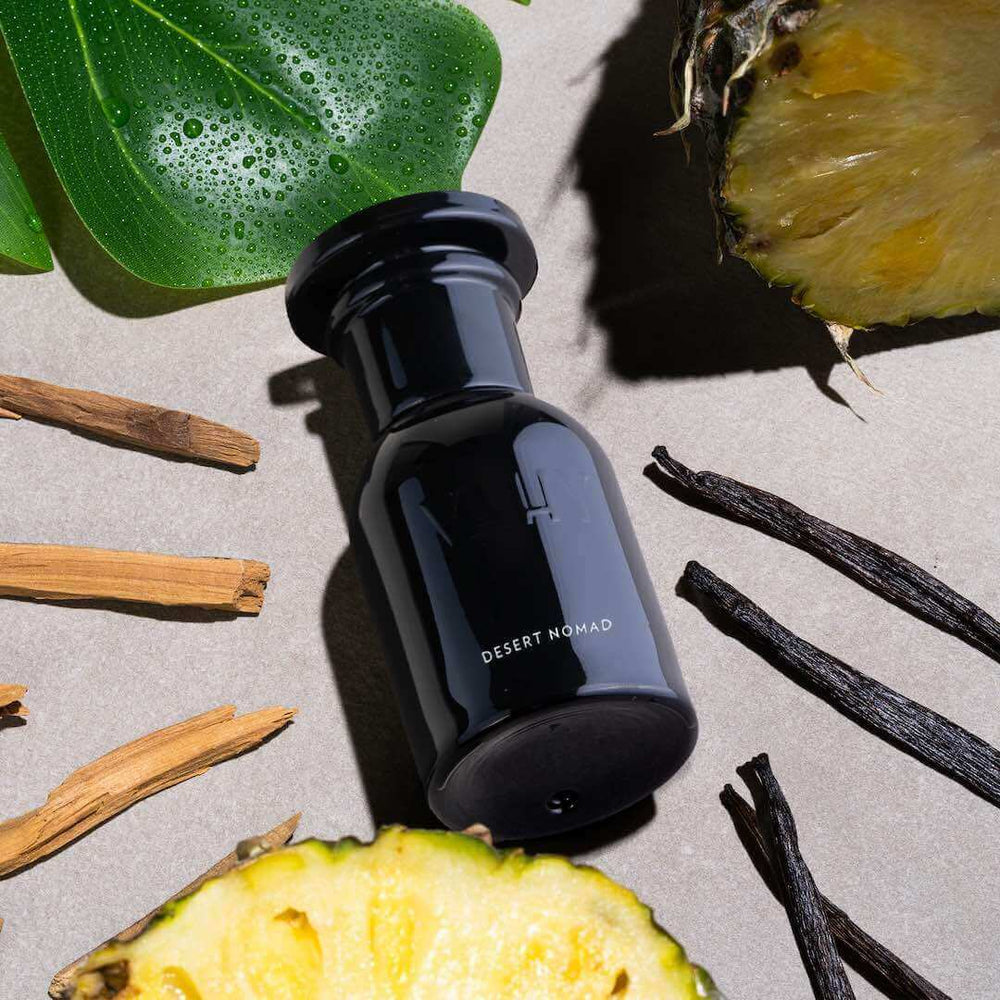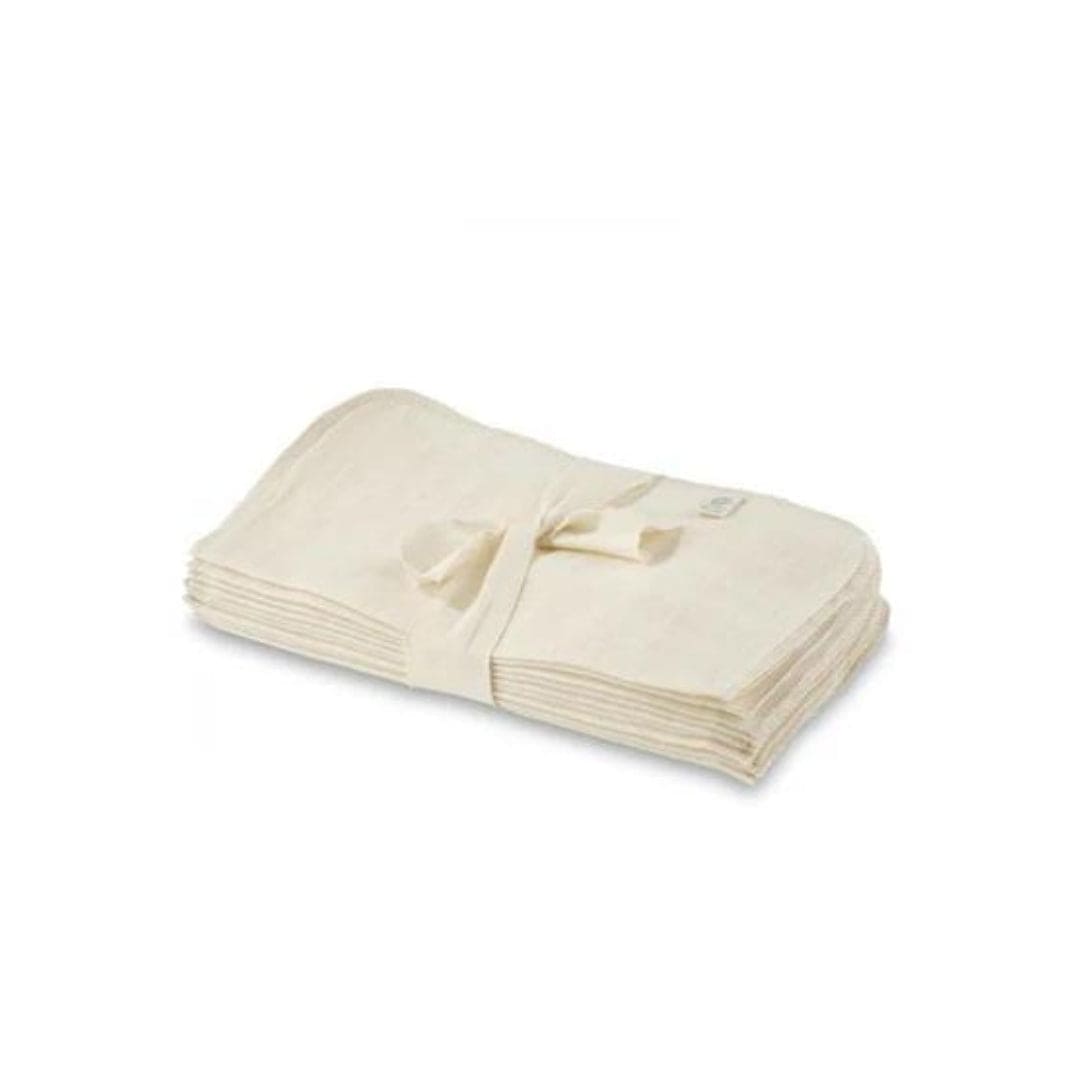FAQs
Indeed, BAMBII's products are clean. Elite our product standards page here.
Packed with natural and naturally derived ingredients, our products offer a gentle and effective alternative for skincare, makeup, body and fragrance free from harsh chemicals.
Green science, or green chemistry in personal care, centers on crafting eco-friendly, sustainable products with minimal impact on health and the environment. It embraces natural, biodegradable ingredients, sourced ethically, and utilises eco-friendly manufacturing for safe, effective, and environmentally sustainable products.
We uphold stringent standards for sustainable & etnically produced products.
While many top beauty brands still test on animals
overseas our ranes co nol anywhere in the world. Our selection focuses on sustainable brands & we commit to carbon-neutral shipping & plastic-free packaging. For more details here.
We ship Australia wide and to New Zealand using standard delivery and express delivery. Tracking information to track your parcel will be send via email. Parcels are sent via Australia Post.
See all shipping information here.
All recipients who place an order will receive a confirmation email once the order is on its way with a tracking code to track their parcel through Australia Post.
Alternative drop your order number into our chat and we can tell you where your parcel is.
Our return policy allows for returns within 30 days of receiving the item. The item must be in its original packaging and in the same condition as when it was received. We accept returns for incorrect products, damaged products, incorrect color, and faulty items. Proof of purchase is required. See our refund policy here.
To start a return, contact us at hello@bambii.au.
Our contact email is hello@bambii. Feel free to drop us a line anytime.




